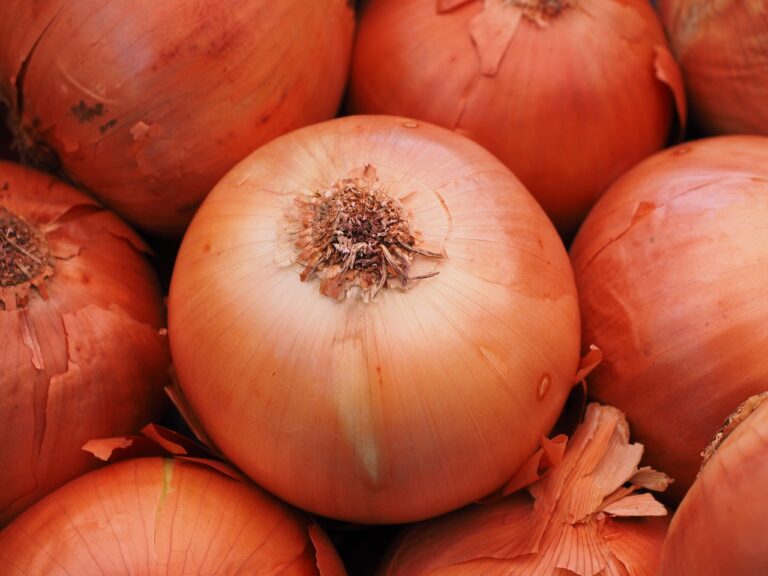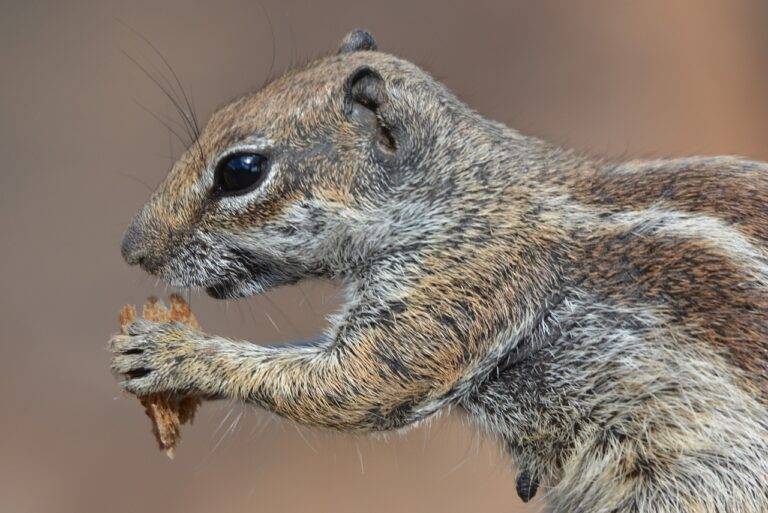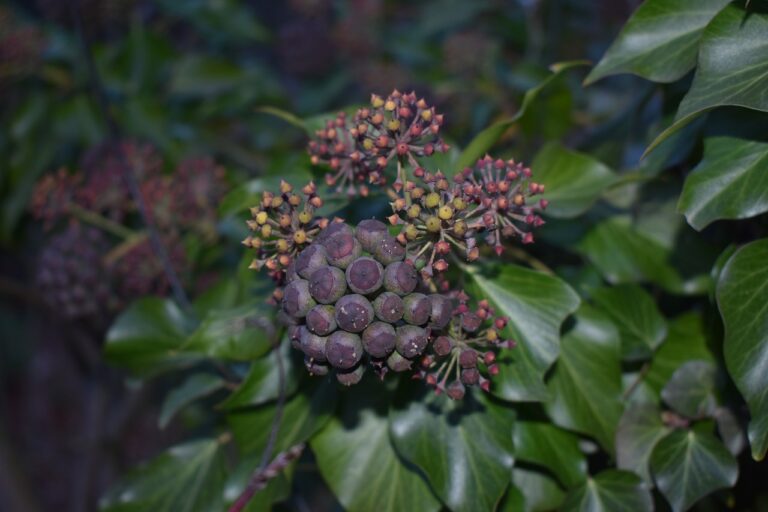The Role of Bees in Urban Green Spaces: Allpannel, Lotus bhai, Allpaanel com mahadev book login
allpannel, lotus bhai, allpaanel com mahadev book login: Bees play a crucial role in our ecosystem, and their presence is essential in both rural and urban environments. In recent years, there has been a growing awareness of the importance of bees in maintaining biodiversity and supporting the health of our planet. One key area where bees are making a significant impact is in urban green spaces.
Urban green spaces, such as parks, gardens, and other public areas, are vital for promoting biodiversity, providing habitats for wildlife, and improving the overall quality of life for city residents. Bees play a critical role in these spaces by pollinating plants, fruits, vegetables, and flowers, which helps to sustain ecosystems and ensure the survival of many plant species.
By pollinating plants in urban green spaces, bees contribute to the production of fruits and vegetables, which are essential for human nutrition. Without bees, many of these plants would not be able to reproduce, leading to a decrease in food production and a decline in biodiversity. In addition, bees help to increase crop yields, improve the quality of fruits and vegetables, and contribute to the overall health of urban green spaces.
Furthermore, bees are essential for maintaining the balance of ecosystems in urban areas. By pollinating a wide variety of plants, bees help to support other wildlife species, such as birds, butterflies, and insects, which rely on these plants for food and shelter. This interconnected web of relationships is crucial for the health and sustainability of urban green spaces.
One of the main challenges facing bees in urban environments is the loss of habitat due to urbanization, pollution, and the use of pesticides. As cities continue to expand, natural habitats are disappearing, leaving bees with fewer places to forage, build hives, and reproduce. In response to this threat, many cities around the world are implementing initiatives to create bee-friendly urban green spaces, such as planting pollinator-friendly plants, creating bee hotels, and establishing beekeeping programs.
In addition to their role in pollination, bees also provide valuable ecosystem services, such as improving soil fertility, regulating pest populations, and promoting plant diversity. By supporting healthy bee populations in urban green spaces, cities can enhance the resilience of ecosystems, reduce the need for chemical pesticides, and create more sustainable and biodiverse environments for both humans and wildlife.
Overall, bees play a crucial role in urban green spaces by pollinating plants, supporting biodiversity, and providing valuable ecosystem services. By promoting bee-friendly practices and creating habitats that support healthy bee populations, cities can help to ensure the survival of these essential pollinators and the health of their urban ecosystems.
###Benefits of Bees in Urban Green Spaces
Bees enhance biodiversity
Bees improve food production
Bees support other wildlife species
Bees provide ecosystem services
Bees contribute to the health of urban green spaces
Bees play a crucial role in pollination
###Challenges Facing Bees in Urban Green Spaces
Loss of habitat due to urbanization
Pollution
Use of pesticides
Lack of foraging opportunities
Climate change
###How Cities Can Support Bees in Urban Green Spaces
Planting pollinator-friendly plants
Creating bee hotels
Establishing beekeeping programs
Reducing pesticide use
Promoting sustainable gardening practices
###FAQs
Q: Why are bees important in urban green spaces?
A: Bees play a crucial role in pollinating plants, supporting biodiversity, and providing valuable ecosystem services in urban green spaces.
Q: How can cities support bees in urban green spaces?
A: Cities can support bees by planting pollinator-friendly plants, creating bee hotels, establishing beekeeping programs, reducing pesticide use, and promoting sustainable gardening practices.
Q: What are some of the challenges facing bees in urban environments?
A: Challenges facing bees in urban environments include loss of habitat due to urbanization, pollution, use of pesticides, lack of foraging opportunities, and climate change.
Q: What are some of the benefits of bees in urban green spaces?
A: Bees enhance biodiversity, improve food production, support other wildlife species, provide ecosystem services, and contribute to the overall health of urban green spaces.







